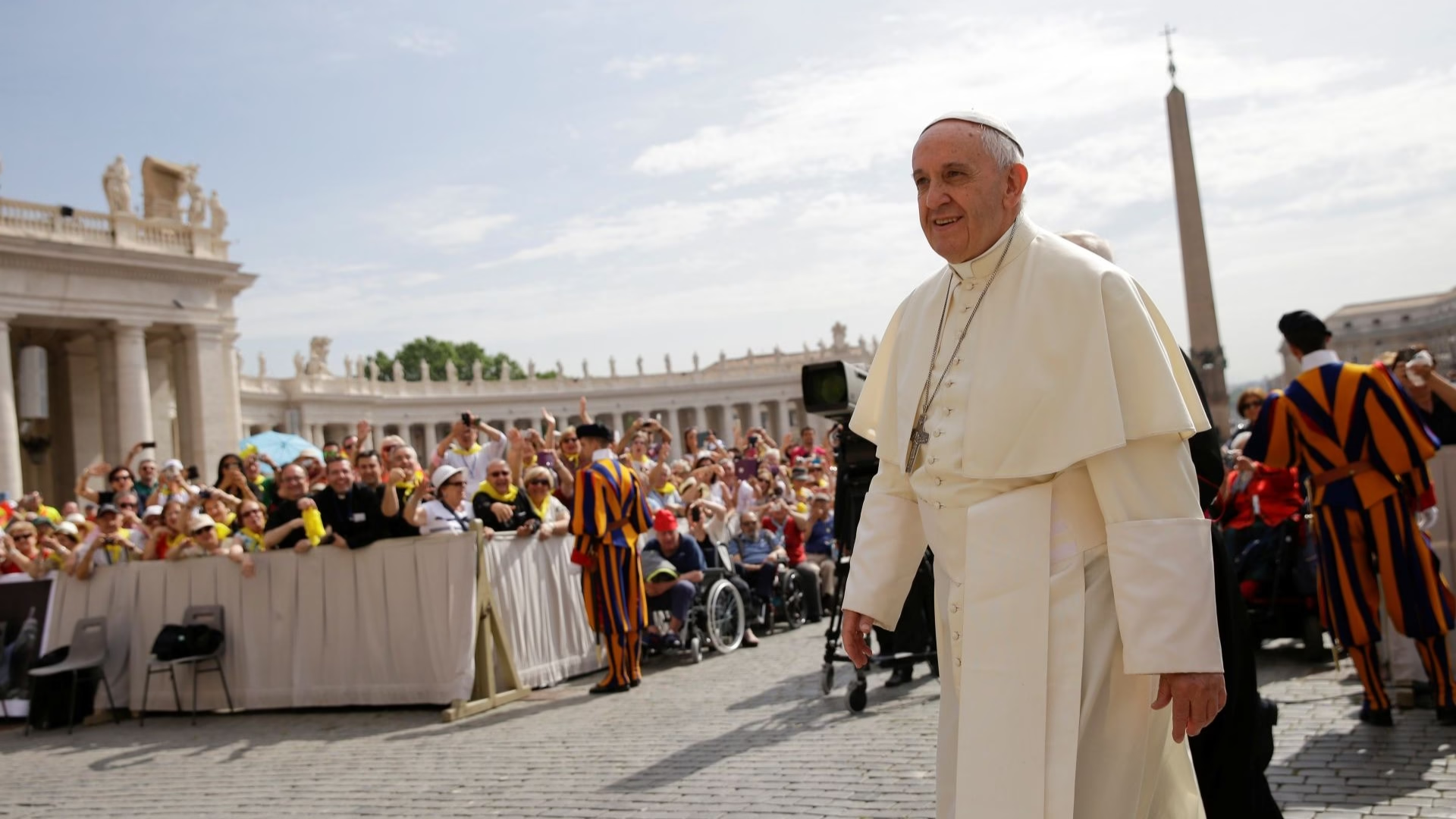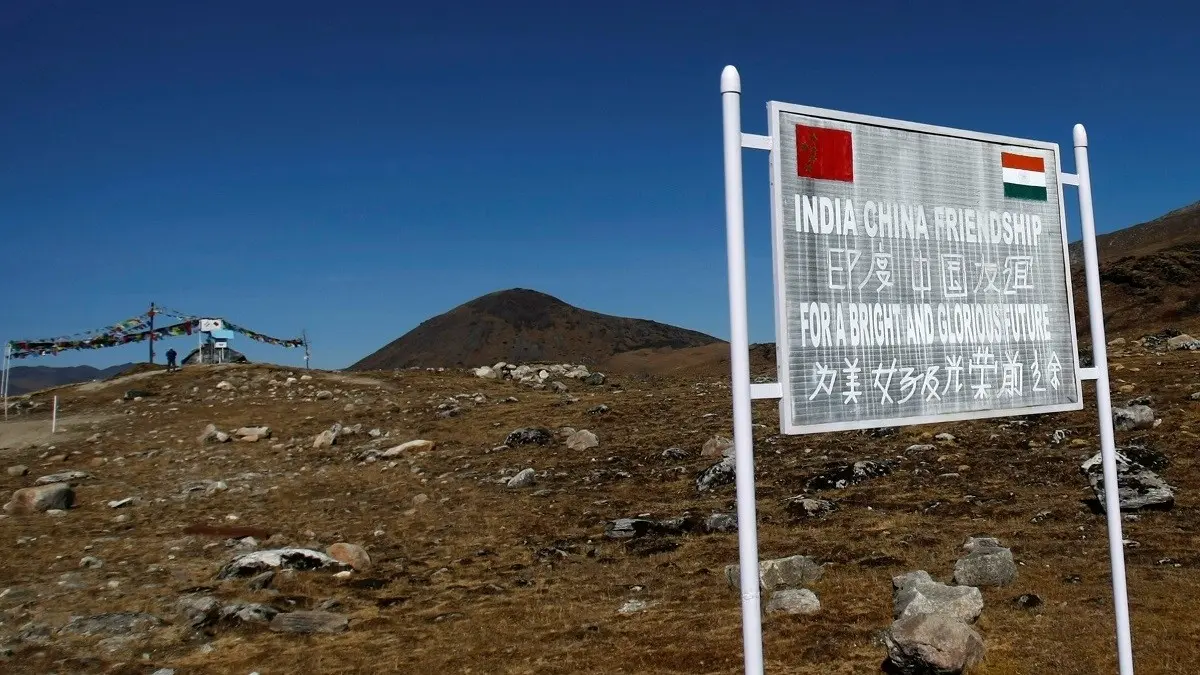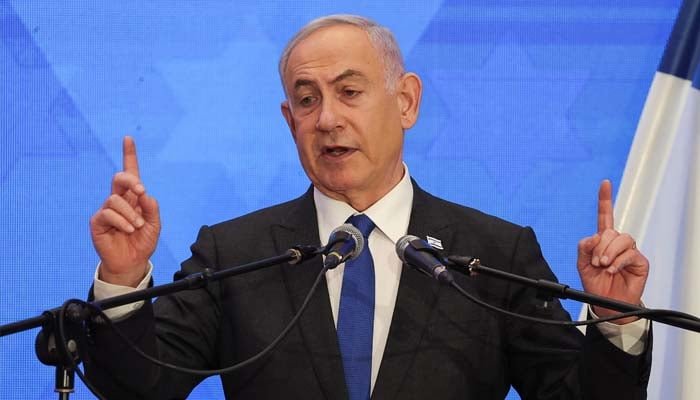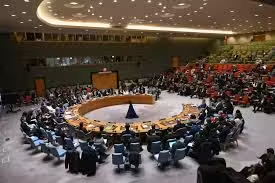From his first moments on the balcony of St. Peter’s Basilica, newly elected Pope Leo XIV offered three key signals about the kind of leader he intends to be for the world’s 1.4 billion Catholics.
Elected on the second day of the conclave following Pope Francis’ death last month, Leo—formerly Cardinal Robert Prevost of the United States—is the first American pope in history. He also holds Peruvian citizenship, reflecting decades of missionary work in Latin America before joining the College of Cardinals.
1. His Name Choice: A Nod to Social Justice
The choice of the papal name “Leo XIV” offers insight into his priorities. It evokes Pope Leo XIII (r. 1878–1903), known for championing the rights of workers and advocating fair wages, safe conditions, and the right to unionize—key pillars of the Church’s social doctrine.
“By picking the name Leo XIV, he shows he is committed to the social teaching of the Church,” said Jesuit commentator Rev. Thomas Reese.
2. His Words: A Call for Peace
Leo’s first public address emphasized peace, not power. Speaking entirely in Italian and briefly in Spanish, he did not use English, avoiding reference to his American roots and instead reaching out to his former Peruvian community.
His first words—“La pace sia con tutti voi!” (Peace be with you!)—were both liturgical and political, echoing the Church’s deep concern over ongoing conflicts, including those in Ukraine, the Middle East, and beyond.
Describing God’s peace as “disarmed and disarming, humble and persevering,” Leo signaled a commitment to nonviolence, dialogue, and diplomacy, continuing the path laid by Francis.
3. His Attire: A Traditional Touch
Unlike his predecessor, who famously rejected papal pomp from day one, Leo chose to wear a traditional red papal stole over the white cassock, blending simplicity with tradition.
Though he invoked Francis’ memory—saying “We still have in our ears that weak, but always courageous voice of Pope Francis”—Leo also made it clear he will be a pope in his own right, shaped by his missionary past, dual identity, and deep roots in Catholic social teachings.
His final words to the crowd were drawn directly from Francis’ last Easter blessing:
“God loves us, God loves everyone, and evil will not prevail. We are in the hands of God.”



